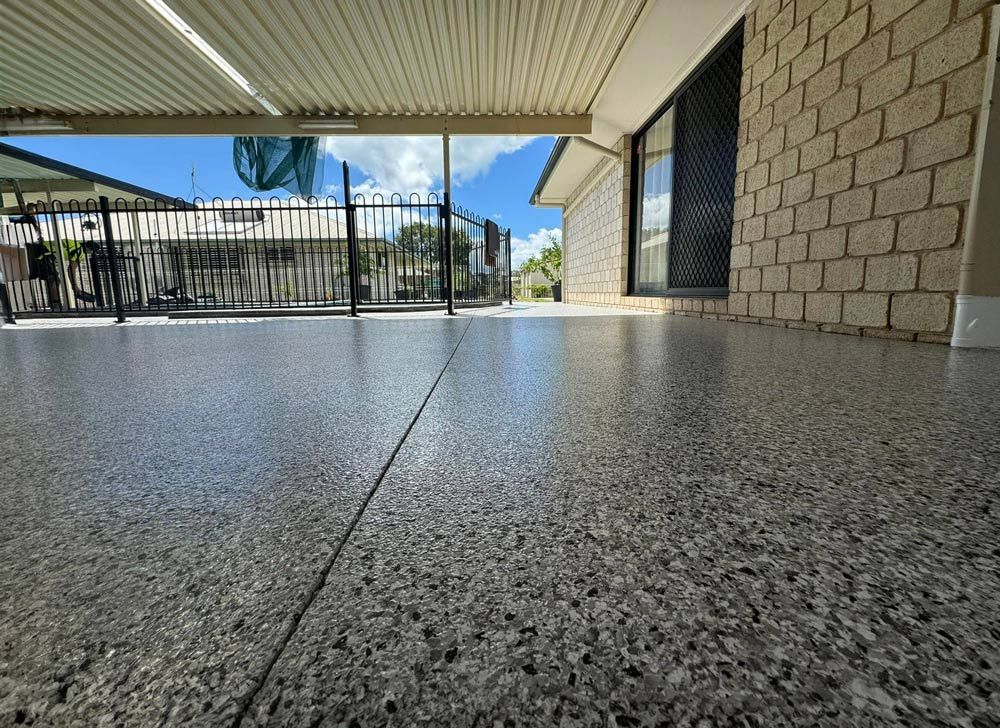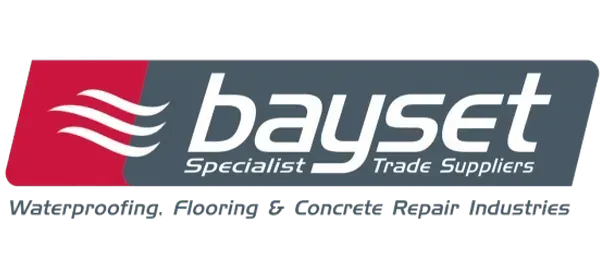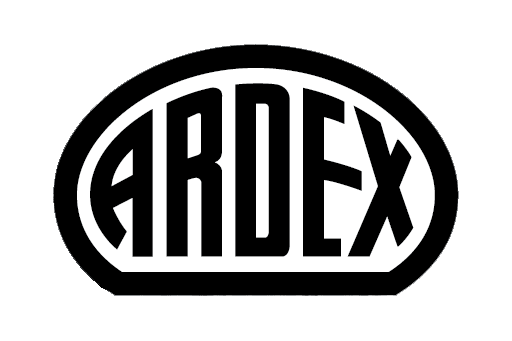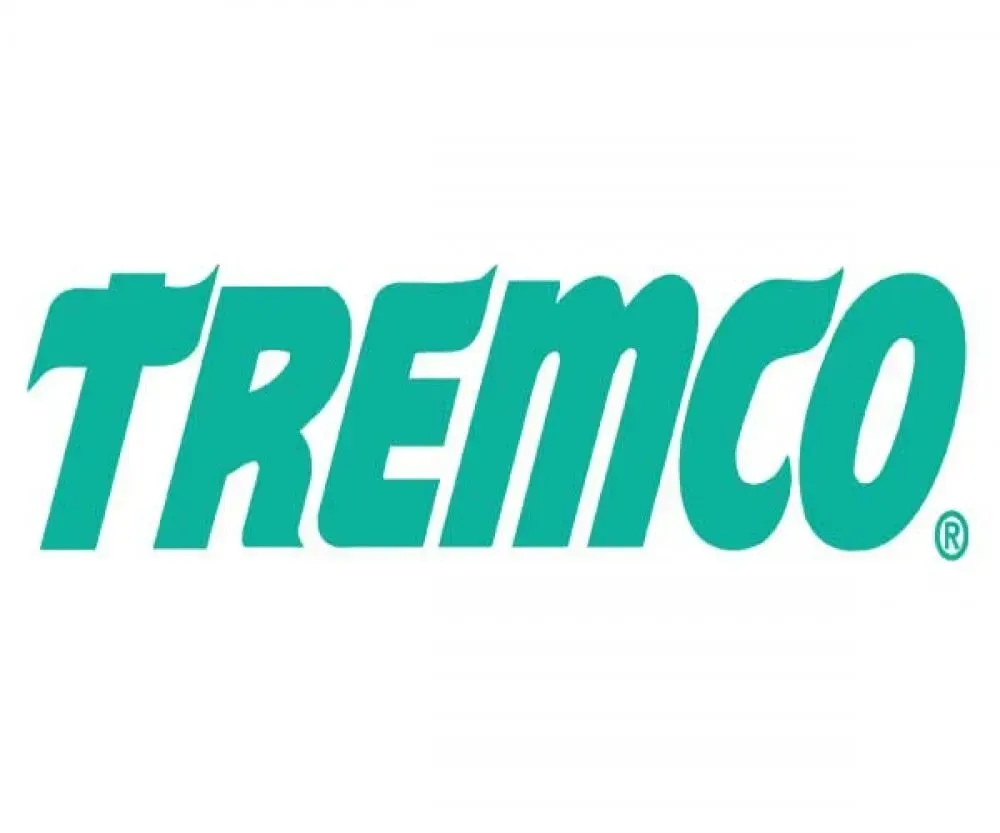Get In Touch TodaY 0423 964 496
What Are Concrete Additives & How Do They Work?

When it comes to building long-lasting structures, especially in coastal areas like Hervey Bay, moisture control is non-negotiable. One of the most effective ways to improve a structure’s water resistance from the ground up is by enhancing the concrete itself. That’s where concrete additives come into play.
These additives aren’t just industry buzzwords—they’re powerful tools used by professionals, including waterproofing contractors in Hervey Bay, to strengthen concrete and improve its performance in harsh environments. Whether you're a homeowner planning a renovation or a builder working on a new project, understanding what concrete additives are and how they work can help you make more informed choices.
In this blog, we'll explore the purpose of concrete additives, break down the different types, and explain how they support modern waterproofing products in Hervey Bay.
What Are Concrete Additives?
Concrete additives, also known as admixtures, are substances added to concrete during mixing to alter or improve its properties. These changes may include:
- Increasing durability
- Enhancing water resistance
- Reducing cracking or shrinkage
- Improving workability
- Controlling setting time
- Reducing water demand
While traditional concrete is a strong material on its own, it’s not completely waterproof. Over time, exposure to water and moisture can lead to issues like mould, corrosion of steel reinforcement, and structural damage. In coastal regions like Hervey Bay—where salt air and high humidity are constant threats—these problems can develop quickly if not properly managed.
That’s why concrete additives in Hervey Bay are such an important component of any waterproofing strategy.
How Do Concrete Additives Work?
Concrete additives work by modifying the physical and chemical behaviour of the concrete mix. Some additives reduce the size and number of pores in hardened concrete, while others change how concrete reacts with water or how it cures.
For waterproofing purposes, many additives are designed to make the concrete denser and less permeable. This helps block the movement of water through the concrete’s internal structure, making it less vulnerable to damage caused by moisture ingress.
Professional waterproofing contractors in Hervey Bay often use a combination of concrete additives and surface waterproofing products to create multi-layered protection that extends the lifespan of buildings, driveways, retaining walls, and basements.
Types of Concrete Additives Used in Waterproofing
There are many types of additives, each with specific applications. Below are some of the most commonly used additives for waterproofing and durability in the Hervey Bay region.
Water-Reducing Additives
These admixtures reduce the amount of water required in the concrete mix without compromising workability. Less water in the mix means fewer voids and capillaries, which improves the density and lowers permeability.
Benefits:
- Stronger, denser concrete
- Reduced shrinkage & cracking
- Better long-term durability
These additives are ideal for driveways, footpaths, and retaining walls where strength and moisture resistance are key.
Plasticisers & Superplasticisers
Plasticisers (also called water reducers) improve the flow and workability of concrete. Superplasticisers are a more advanced version, providing even greater fluidity.
Benefits:
- Easier to pour into tight forms or around rebar
- Enhanced compaction with fewer air pockets
- Smoother finishes, reducing surface defects that could allow moisture in
When working with detailed structures or formwork, Hervey Bay waterproofing contractors may use plasticisers to ensure a seamless, protective pour.
Integral Waterproofing Additives
Integral waterproofing additives are added directly to the concrete mix to make the entire structure water-resistant. These can be crystalline or pore-blocking additives.
- Crystalline Additives: React with water and cement particles to form insoluble crystals that fill capillaries and microscopic voids.
- Pore-blocking Additives: Create hydrophobic (water-repelling) barriers within the concrete.
Benefits:
- Long-term internal waterproofing
- No risk of membrane delamination
- Self-sealing capability for hairline cracks
These are widely used in basements, water tanks, pools, and below-ground structures in Hervey Bay, where groundwater and moisture are ever-present.
Air-Entraining Agents
These additives introduce tiny, evenly distributed air bubbles into the concrete, which can improve durability in freeze-thaw conditions. While not a direct waterproofing solution, they help prevent cracking that could allow water to seep in.
Benefits:
- Reduces surface scaling & cracking
- Enhances freeze-thaw resistance
- Increases workability
Air-entraining agents are more commonly used in colder climates but can also support moisture control by enhancing overall structural integrity.
Accelerating & Retarding Additives
These additives control the setting time of concrete. In waterproofing, setting time can affect when additional protective layers are applied.
- Accelerators speed up curing, which is useful during colder or damp weather.
- Retarders delay setting, helping to maintain workability during long pours or hot conditions.
Benefits:
- Allows for better control of the construction timeline
- Reduces risk of shrinkage cracks
- Prepares the surface effectively for waterproofing membranes or coatings
Professional waterproofers in Hervey Bay often consider the local climate when selecting these types of additives for new builds or renovations.
How Waterproofing Contractors Use Concrete Additives
Waterproofing contractors work closely with homeowners, builders, and project managers to ensure every concrete structure we work on receives the appropriate treatment. Their process typically includes:
- Assessing the environment: They consider factors like soil moisture, climate, and property location (e.g., near the coast).
- Selecting the right additives: They choose additives based on the structure’s use, placement, and required durability.
- Integrating additives with other products: Concrete additives are often used in combination with membranes, sealers, and coatings for full-system protection.
- Providing professional application: They ensure additives are correctly measured, mixed, and applied to get the most effective waterproofing result.
If you’re working on a new build or a renovation project in Hervey Bay, talking to a qualified waterproofing contractor can help you integrate additives into your concrete mix and avoid waterproofing problems down the track.
Protect Your Property with Professional Waterproofing
Concrete additives are a powerful, often unseen part of modern waterproofing strategies. From increasing density and durability to blocking out moisture at the molecular level, these substances play a critical role in protecting your property from water damage.
For homeowners and builders in Hervey Bay, understanding the role of concrete additives is a smart step toward more durable and efficient construction. And when combined with the experience and insight of a professional waterproofing team, these additives can make all the difference.
Looking for expert advice or help with waterproofing products in Hervey Bay? Fraser Coast Waterproofing offers reliable solutions backed by years of local experience, helping you protect your investment from the ground up. Contact us today to learn more.
Explore
What We Do
Locations We Service
Showroom Hours
- Monday
- -
- Tuesday
- -
- Wednesday
- -
- Thursday
- -
- Friday
- -
- Saturday
- Closed
- Sunday
- Closed
Trading Hours
- Monday
- -
- Tuesday
- -
- Wednesday
- -
- Thursday
- -
- Friday
- -
- Saturday
- Closed
- Sunday
- Closed
Licenses
- ABN 51 826 273 877
- QBCC 15075446















